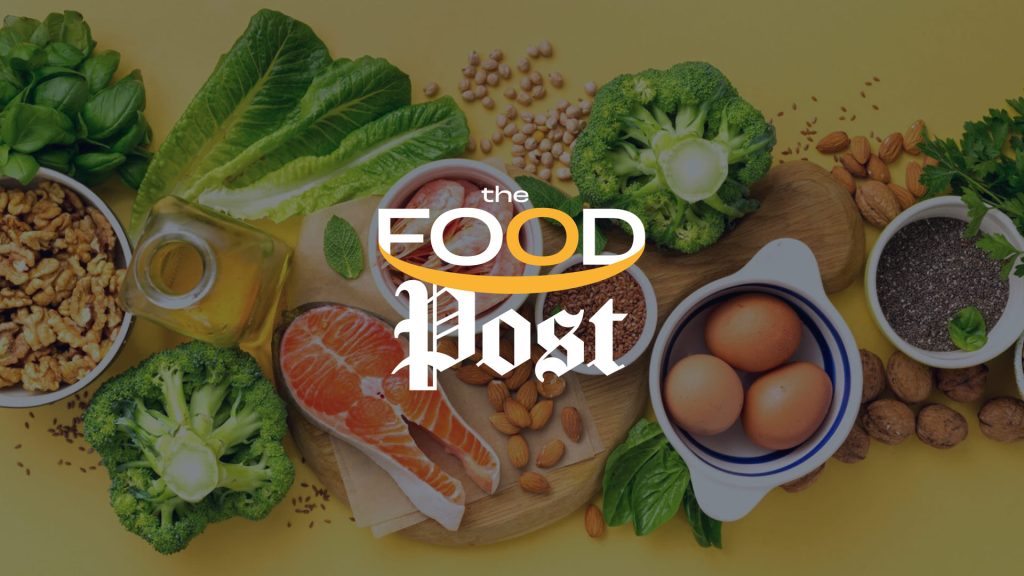Gifting live animals like chicks, ducklings and bunnies during Easter remains a cherished tradition, but public health officials and animal welfare advocates warn of significant risks.
Salmonella outbreaks, animal abandonment, and ecological harm continue to plague this practice, prompting calls for safer alternatives like toys or candy.
In 2024, the CDC reported 470 Salmonella cases linked to backyard poultry across 48 states, with 125 hospitalizations and one death. Investigations identified contact with live poultry as the primary source.
Salmonella spreads through handling birds or their environments, even without direct contact. Infants, young children, seniors, and immunocompromised individuals face the highest risk of severe illness, including diarrhea, fever, and abdominal cramps lasting up to seven days. Severe cases may require hospitalization.
Food and food surfaces can become contaminated with bacteria from live animals if strict hygiene is not practiced.
Animal welfare and ecological impacts
Animal welfare issues are significant. The Humane Society reports thousands of Easter-gifted animals are abandoned annually when interest wanes. Domestic rabbits, often released into the wild, cannot survive, disrupt ecosystems, and spread diseases. Chicks and ducklings require specialized care, and many die from neglect or improper handling.
Retailers exacerbate the problem by marketing live animals as holiday gifts. In recent years, multiple states have issued advisories against purchasing live poultry for Easter, citing health and welfare risks. However, enforcement is inconsistent, and online sales complicate regulation.
Public health campaigns promote handwashing after handling animals, supervising children during interactions, and avoiding contact with high-risk groups. For pet owners, maintaining clean coops and seeking veterinary guidance are essential.
Experts recommend candy eggs, stuffed toys, or educational gifts to maintain Easter traditions without endangering the health of humans or animals. For those committed to pet ownership, adopting from shelters and researching care requirements are advised.
(To sign up for a free subscription to Food Safety News, click here.)

